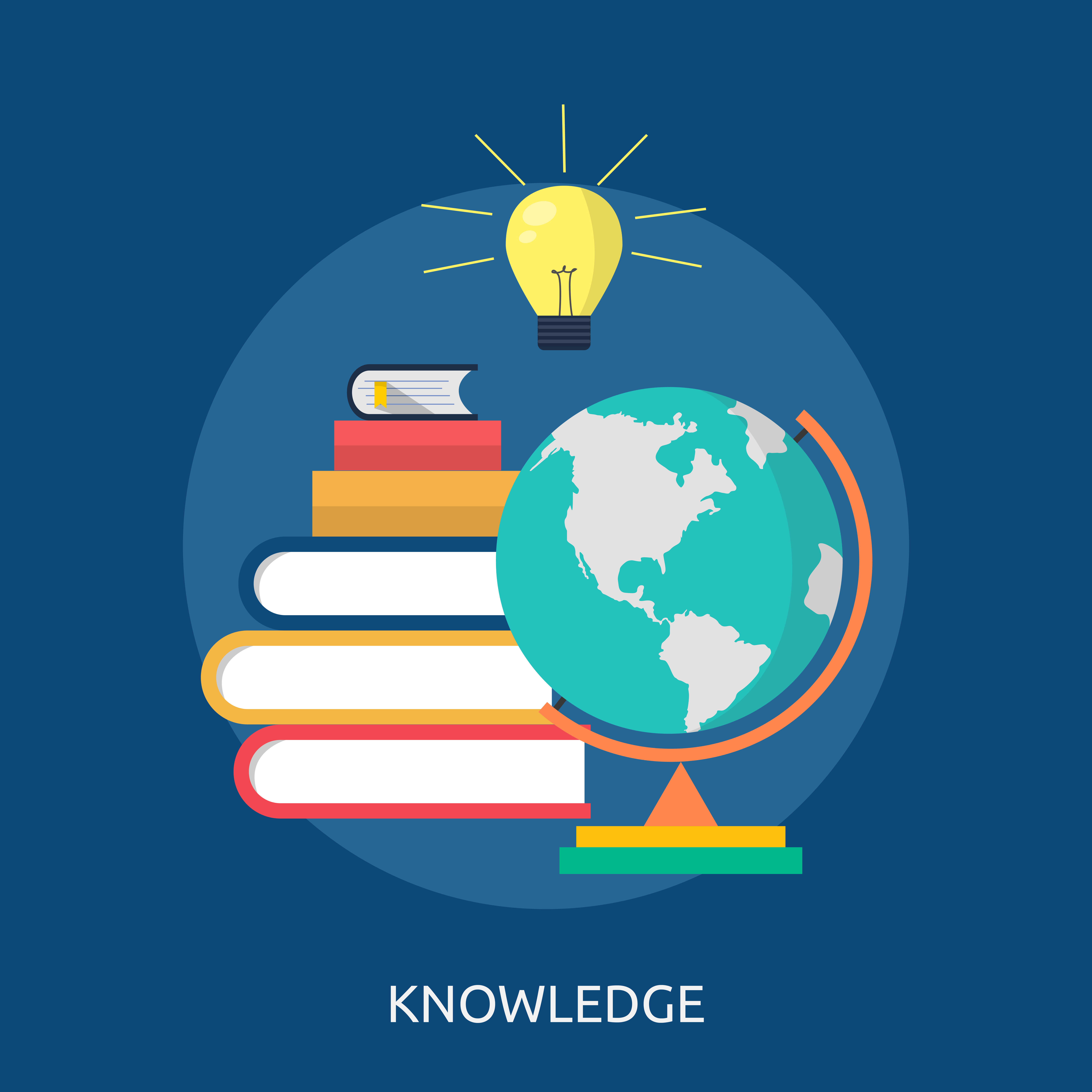The pursuit of knowledge and the transition from theoretical understanding to practical application lies at the heart of the Bahá’í teachings. These teachings advocate for a holistic approach to spiritual growth that encompasses not only the acquisition of knowledge but also the imperative of action. This framework is vital in addressing profound societal challenges, whether they be related to personal conduct, community enhancement, or global progress. By exploring the synergy between knowledge and action, one begins to unravel the deeper principles underpinning Bahá’í philosophy.
At the outset, it is essential to recognize that the quest for knowledge is a central tenet in Bahá’í thought. The Bahá’í Faith encourages individuals to continuously engage in learning—an endeavor seen as both a spiritual mandate and an intellectual pursuit. Education is heralded as a powerful catalyst for personal transformation. The teachings assert that through the acquisition of knowledge, individuals can cultivate virtues essential for spiritual and moral development. This idea, however, transcends mere intellectual engagement; it urges adherents to hone their understanding of truth and reality, thereby enabling informed decision-making that reflects ethical principles.
Knowledge, in the Bahá’í context, is not an isolated phenomenon; it is intricately linked to the capacity for discernment and insight. The act of understanding is an ongoing journey that beckons individuals to question, reflect, and evaluate their beliefs and behaviors in light of spiritual truths. Herein lies a salient observation: many individuals are captivated by the idea of spirituality and knowledge, yet they may find themselves ensconced in a passive reception of information. This passive approach often leads to a disconnect between what one knows and how one acts. The beauty of the Bahá’í teachings is the insistence on aligning knowledge with action, thereby bridging this gap.
Transitioning from knowledge to action entails the integration of principles into daily life. For instance, the Bahá’í teachings emphasize the significance of service to humanity. Service is not an abstract concept; rather, it is a lived experience that transforms both the individual and the community. Engaging in acts of service fosters a sense of interconnectedness and empathy, attributes that are pivotal in creating a just and equitable society. This perspective on service illustrates the practical application of knowledge, wherein the understanding of one’s spiritual responsibilities is manifest through tangible actions that uplift others.
Another critical aspect is the role of community. The Bahá’í community functions as a microcosm of the larger society, embodying principles of unity, cooperation, and collective growth. Through communal engagement, individuals are encouraged to share their knowledge and insights, thus precipitating communal learning and fostering an environment conducive to spiritual and intellectual growth. The Bahá’í model transcends individualism; it emphasizes the collective aspect of knowledge and action. In this sense, knowledge becomes a communal asset that invigorates collective endeavors toward global betterment.
In practical terms, translating knowledge into action necessitates a framework for personal accountability. Here, the concept of intention becomes pivotal. The teachings delineate the importance of aligning one’s intentions with the pursuit of truth and the greater good. This alignment fosters sincerity and authenticity in one’s actions, ensuring that they are not merely performative but rather derived from a genuine commitment to serving humanity. Intentionality imbues actions with purpose and depth, magnifying their impact in both personal and communal spheres.
Furthermore, the continual assessment of one’s actions against the backdrop of spiritual principles plays an essential role in fostering a robust ethical framework. The Bahá’í teachings advocate for self-reflection as a tool for spiritual growth. Assessing one’s actions and their alignment with spiritual values allows individuals to realign and recalibrate their paths. This procedural introspection, while at times challenging, can result in profound insights that propel an individual toward more authentic and impactful engagements with the world.
In light of these considerations, it becomes clear that the relationship between knowledge and action is not merely linear but rather multidimensional. Knowledge inspires action, while action deepens understanding. This cyclical relationship fosters a continuous feedback loop wherein individuals not only transmit knowledge but also embody it through their lived experiences. As individuals engage with this dynamic, they uncover a transformative potential that extends beyond personal development to the collective upliftment of communities.
Ultimately, the Bahá’í approach to knowledge and action beckons a deeper exploration into the motivations driving individuals toward spiritual understanding. A common observation within the community is the profound sense of fulfillment that arises from engaging in purposeful action. This intrinsic motivation may stem from an innate desire for connection and a yearning to contribute meaningfully to the world. The recognition that one’s actions can catalyze positive change, whether on a micro or macro scale, serves as a powerful incentive for many. The deeper reason for this fascination lies not only in self-actualization but also in the collective quest for harmony and unity.
In conclusion, the Bahá’í teachings illuminate a comprehensive pathway that guides individuals from knowledge to action. This journey encompasses the cultivation of self-awareness, the embrace of communal engagement, and the relentless pursuit of truth. Each aspect is intricately interwoven, fostering a holistic view of spirituality that transcends mere intellectualism. By actively engaging in knowledge and translating it into purposeful actions, individuals contribute to a legacy of service and unity, propelling both personal and communal transformation in an ever-evolving world.
